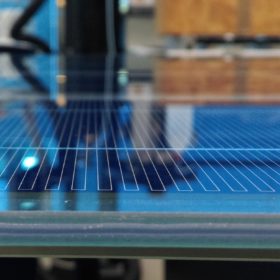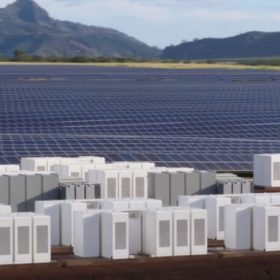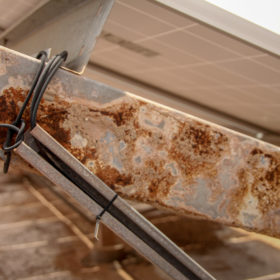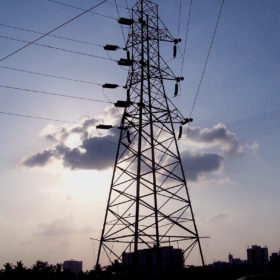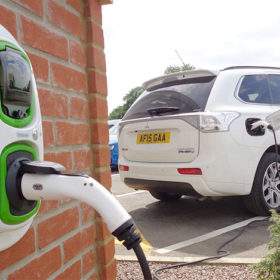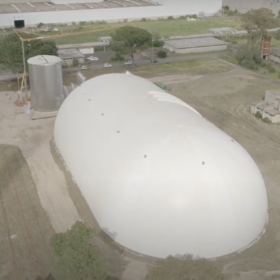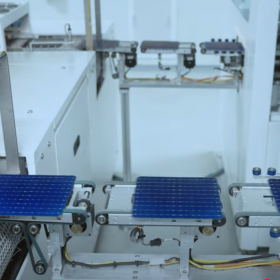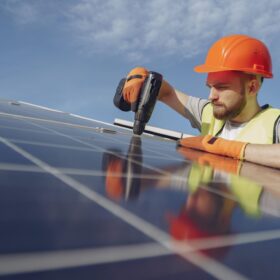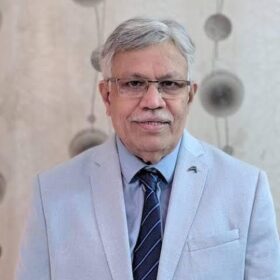Interview: Rajaram Pai, DuPont Photovoltaics and Advanced Materials
Not many people know it, but DuPont’s India connection goes back to 1802, when the company started importing raw materials from the country for its first product: black powder for explosives for its plant in the United States. In 1974, it opened its first liaison office in India, while its first wholly owned subsidiary in the country was set up 20 years later. Today, DuPont India has a significant local footprint across a range of market segments in India, including solar PV.
India slaps anti-dumping duty on solar EVA sheets
The Directorate General of Foreign Trade (DGTR) has concluded that the imposition of a duty, in the range of $537-1,559/metric ton, is required to offset the injury caused by imports of solar ethylene vinyl acetate (EVA) sheets from China, Malaysia, Saudi Arabia and Thailand. The harshest penalty—$1,559/metric ton (MT)—has been imposed on sheets supplied from any Saudi manufacturer other than Saudi Specialized Products.
Module contract disputes: India seeks China action on CSUN and CEEG
India’s Ministry of External Affairs is approaching Chinese authorities, demanding CSUN Trading and CEEG Solar Science to meet the contractual obligations to the Indian companies and also to honour the arbitration award. Further, it has cautioned Indian stakeholders against procuring PV modules from these high-risk companies that have over 160 court cases against them—mostly for breach of contract.
Electricity generation to grow at 7% in FY19: CARE Ratings
Nevertheless, bringing down aggregate technical and commercial (AT&C) losses would be key to stabilising the power sector in India. Additionally, measures like smart-metering should be expedited and implemented in a time-bound manner, suggest the ratings agency analysts.
CERC notifies transmission charge waiver conditions
To avail the waiver, the solar or wind project capacity should have been awarded through competitive bidding and commissioned between February 13, 2018 and March 31, 2022.
Li-ion battery prices fall to $187/kWh
The benchmark levelized cost of electricity (LCOE) for lithium-ion batteries has fallen to $187 per kilowatt-hour since the first half of 2018. The overwhelming cost improvement is making batteries paired with solar or wind projects challenge coal- and gas-fired generation for grid stability, according to BloombergNEF (BNEF).
Guidelines issued for enlistment of approved PV models and manufacturers
National Institute of Solar Energy (NISE) will carry out inspections, verifications and quality checks on behalf of the Ministry of New and Renewable Energy (MNRE).
India to open bids for $5bn of new transmission line capacity
In response to feedback from the domestic renewable energy sector, the Indian government has revealed plans to launch $5 billion of tenders for new transmission lines, starting in phases from this summer.
Revisit forecasting and scheduling regulations for renewable power generation: NSEFI to MERC
To enhance the effectiveness of settlement mechanism, the National Solar Energy Federation of India (NSEFI) has asked the Maharashtra Electricity Regulatory Commission (MERC) to allow aggregation of generation schedule based on independent power producer or quality coordinating agency and considering the same for calculation of deviation. Removal of the rescheduling charges and dual payment mechanism are among other changes sought.
Delhi to get 131 EV charging stations in 3 months
While these electric vehicle (EV) charging facilities will mainly come up at CNG and petrol pumps, 33 are planned for Metro Stations as well, in addition to one each in the parking area at Indira Gandhi International Airport and Jamia Millia. These are likely to become operational within three months.

